Today’s question comes from Sam who teaches 2 and 3 year olds....
Q. Do you think it’s appropriate to ask them ‘what day is it?’, ‘what month is it?’, ‘how many days are there in the week and month?’ I think they’re too little. We can sing the days of the week and clap the syllables but that’s enough isn’t it?
A. YES. That’s enough. For many groups of that age it may be too much, honestly.
Disclaimer: If you’re doing days of the week and all the children answer what day it is and you have no behavior troubles during this time I’m not here to critique you! You can click off this page and hopefully what I share next week will be more relevant to you.
First and foremost, I want to say to each and every one of you (including Sam):
Trust your gut. Trust your experience. Trust yourself to apply what you learn.
Trust that as you learn, whether it’s in college courses or online professional development (Sam attended the Transform Challenging Behavior Online Conference), you’ll start to question things you’re asked to do or that are common in your program, just like Sam did (“I think they’re too little...that’s enough, isn’t it?”)
That’s because some of the most common early childhood practices are not appropriate or recommended for young children! The more you learn the more you start to go, “hmmm…”
That’s where the need for “DAP Tweaks” comes in.
(Developmentally Appropriate Practice Tweaks).
Let’s take calendar time as an example…
Over the past two decades it’s become so common to review calendar concepts in preschool - and even toddler classrooms - that it seems required or beneficial.
But, honestly, calendar time is most appropriate for 1st grade.
If we waited to teach concepts of time, days, weeks, months, years until 1st grade children would learn the concept super quick!
So, what’s a “DAP Tweak” for calendar time in preschool?
If you want to eliminate calendar time completely and you have the flexibility to do so go for it!
Eliminating something may seem like more than a “tweak”, but I’m calling it a tweak to your circle time when you add alternate songs and activities that will likely be more meaningful and interesting to your class.
There are SO many other wonderful things to do with your precious time gathered as a group.
If you can’t - or don’t want - to eliminate the calendar. What about these “tweaks”...?
stick to songs and chants and keep teacher-talk to a minimum
try whispering or using silly voices when you talk or give directions
invite the whole class to answer aloud rather than have one child answer a question
add clapping, stomping or other movement
use the calendar to count down to meaningful events which are marked on the calendar (days off, field trips, days you or others have planned absences)
keep it short, sweet, upbeat, and highly interactive!
Actually, that list of tweaks above can be applied to any large group instruction or activity that is falling flat or resulting in restlessness and behavior problems.
What do you think? Any tweaks you want to make this week?
Let me know in the comments below.
_____________________________________
Calendar concepts are most likely NOT in your state’s early learning standards or on the child learning assessments you’re required to use (I’ve checked A LOT of them). Go check and see what you find!
Here’s an article published by the National Association for the Education for the Education of Young Children (NAEYC, our national professional organization here in the U.S.) if you want to learn more or need additional resources to share with colleagues: Calendar Time: Good Intentions Gone Awry.

